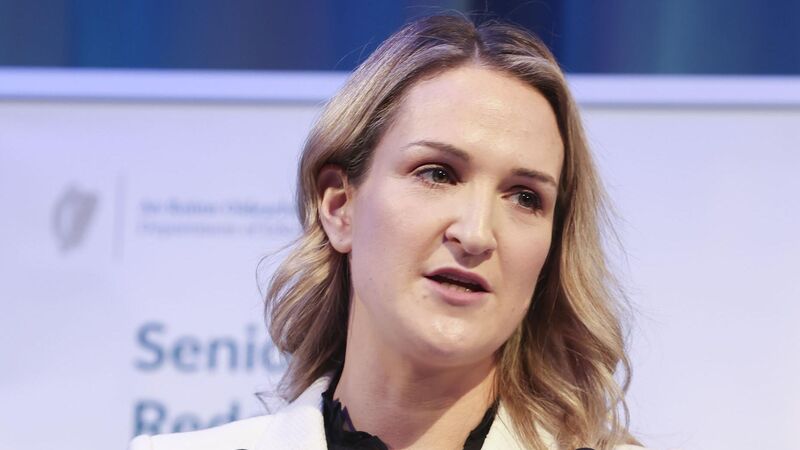McEntee details measures to tackle 'hugely alarming' school absenteeism

Commenting on the figures, education minister Helen McEntee said: 'We must listen to the dat from Tusla and redouble our efforts.' Picture: Maxwell's
A strengthening of current laws and the rollout of a multimedia ad campaign are among the measures contained in a new to tackle worrying rates of school absenteeism.
Over 110,000 primary and 65,000 secondary students missed 20 or more days of school in the 2022/2023 school year, which education minister Helen McEntee has described as "hugely alarming".










